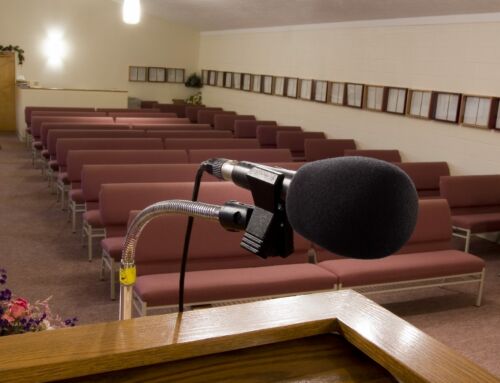It is usually the case that family members will gather together to make the funeral arrangements in agreement with each other.
However, where a disagreement arises as to these arrangements, there are two major points of reference that determine who has the ultimate right to act on behalf of the deceased. It will be necessary to refer to the deceased’s Will to determine if an Executor has been appointed, as they are deemed by law, to be the arbiter of final arrangements.
If an Executor has not been appointed or the deceased did not make a Will, you will have to refer to the Successions Act for your State or Territory to determine the order of priority for the person with the highest right to make the final funeral arrangements. For more information, please see the ‘Wills and Probate Acts’ for your State or Territory listed in our Useful Organisations section.
If you cannot locate a Will, it would be advisable to contact The Public Trustee in your relevant State or Territory to determine if the deceased lodged a Will with their office. For further information, please visit: Public Trustees Office in your State or Territory.
If a dispute cannot be promptly resolved, then an application to the Supreme Court must be made for the ultimate determination. Due to the length of time that this process may involve, embalming of the deceased would be necessary at an additional cost.
See the section ‘Wills, Probate, Estates, and Public Trustees’ on our website for more information.
If you require the services of a Solicitor, please use our Business Search facility.






